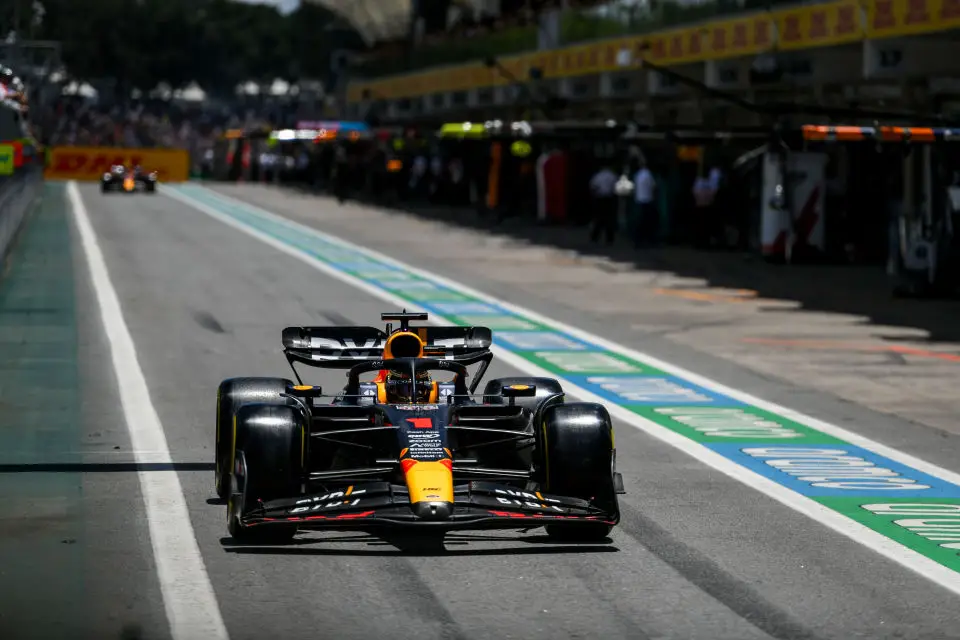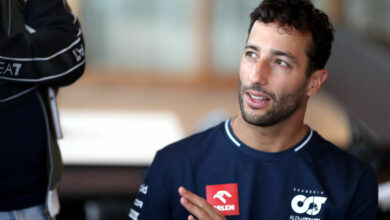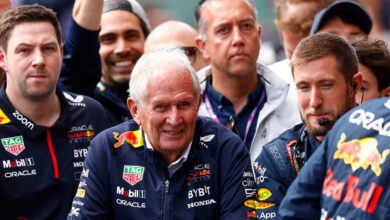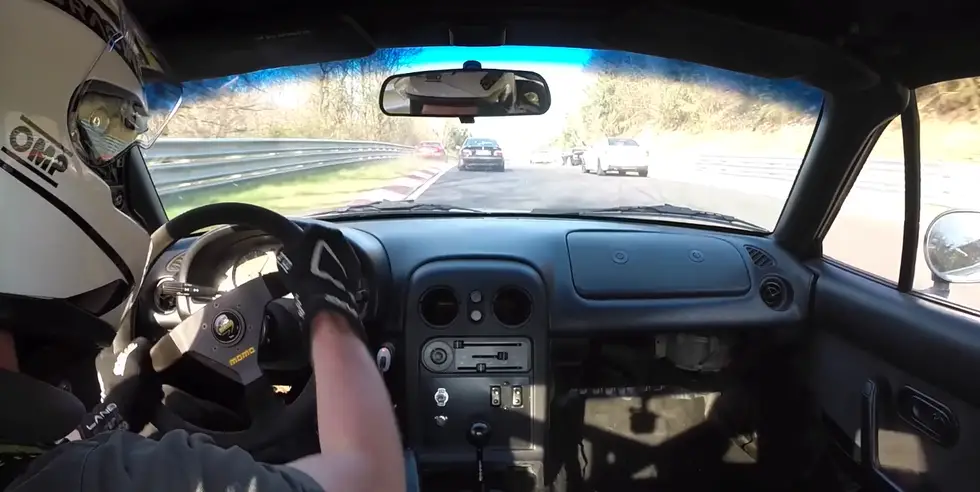Red Bull’s F1 RB20 Crash Test Failure: Helmut Marko Calls It ‘Ridiculous
Red Bull Racing’s advisor Helmut Marko recently termed the RB20’s failure in a frontal crash test as “ridiculous,” sparking debate in the F1 community. This comment followed the car’s inability to pass the FIA’s Front Impact Structure Dynamic Test.
Key Takeaways:
- Unexpected Failure: The RB20, Red Bull Racing’s latest Formula 1 car, failed to pass the vital Front Impact Structure Dynamic Test, a mandatory requirement for FIA certification. This failure has led to Helmut Marko’s controversial remark, calling the situation “ridiculous.”
- Marko’s Peculiar Logic: In a surprising twist, Marko suggested that passing the crash test on the first try would imply a lack of effort from the team. His exact words during an interview with F1-Insider were: “Ridiculous. If we had passed the first crash test, there would have been a problem. Because then we would have done a bad job.”
- RB20 vs. RB19: Despite the failure, there’s anticipation that the RB20 could surpass its predecessor, the RB19, which dominated last season. Team Principal Christian Horner has also hinted at the increasing competitiveness in F1, with teams adopting similar design philosophies to Red Bull.

The Formula 1 world was taken aback when Red Bull Racing’s 2024 car, the RB20, failed the Front Impact Structure Dynamic Test, one of several stringent evaluations required for FIA racing certification. This unexpected turn of events prompted a notable reaction from the team’s advisor, Helmut Marko, who described the situation as “ridiculous,” implying that a too-easy pass would indicate a lackluster effort by the team.
Red Bull Racing is known for its aggressive and boundary-pushing approach in F1. Their cars are often at the cutting edge of technology and performance, as evidenced by the RB19’s dominant performance last season. The RB19 not only secured multiple race victories but also led in terms of development, leaving rivals trailing.
However, the failure of the RB20’s crash test brings an interesting perspective to the fore. Marko’s statement suggests that the team deliberately pushes the limits of design and safety to the edge, aiming for a balance that maximizes performance without compromising safety. This approach, while risky, has often paid off for Red Bull Racing in the past.
The early completion of the RB20 has also been advantageous. It allows the team to start rectifying the issues well in advance and simultaneously begin work on their 2025 contender. This dual focus might give Red Bull an edge in both the current and upcoming seasons.
Nonetheless, Christian Horner, the team principal, has voiced concerns about the narrowing performance gap in Formula 1. With several teams adopting design strategies similar to Red Bull’s, the competitive field is becoming more evenly matched. This scenario might offer a glimmer of hope to Red Bull’s rivals, especially if their cars prove competitive in the upcoming season.
In conclusion, while Marko’s comment about the RB20’s crash test failure raises eyebrows, it also underlines Red Bull Racing’s unwavering commitment to excellence and innovation in the high-stakes world of Formula 1. The RB20’s journey from this setback to potential success will be a key storyline in the upcoming season.



